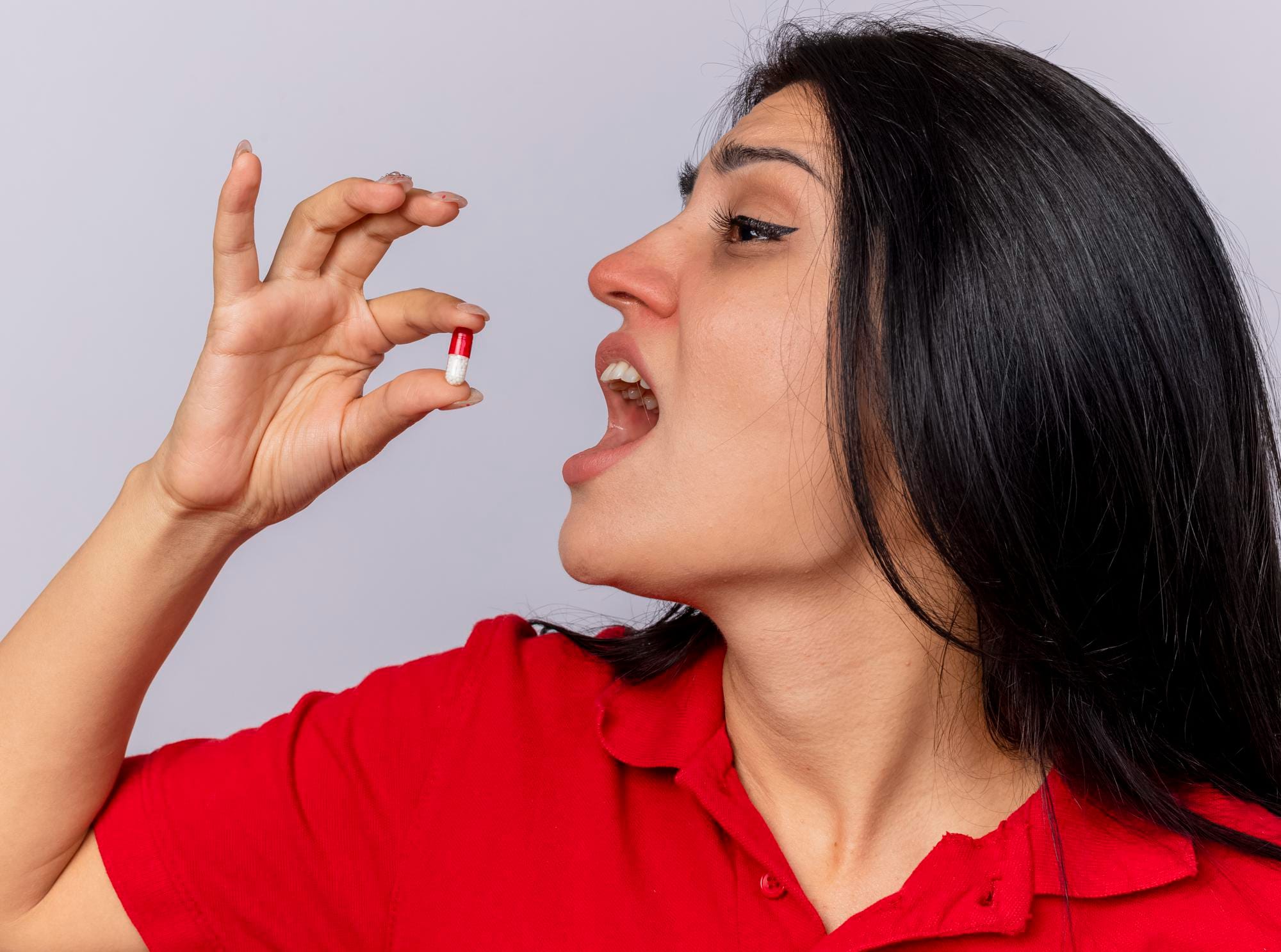
Premature ejaculation (PE) is one of the most common sexual health concerns among men. It can be frustrating and distressing for both the individual and their partner, affecting intimacy and self-esteem. While occasional premature ejaculation is a natural occurrence for some men, when it becomes a frequent issue, it may point to underlying health or psychological factors. This comprehensive guide explores the causes, symptoms, and effective remedies for premature ejaculation to help men regain control and confidence in their sexual experiences.
What is Premature Ejaculation?
Premature ejaculation occurs when a man ejaculates sooner during sexual activity than he or his partner would like. Typically, ejaculation happens within one minute of penetration or before it is desired. While there is no universally “normal” time to ejaculate, most men prefer to delay ejaculation long enough to achieve mutual satisfaction during intercourse.
PE is often divided into two categories:
- Lifelong (Primary) PE: This occurs from the first sexual experience and continues throughout life.
- Acquired (Secondary) PE: This develops later in life after a period of normal sexual function.
Causes of Premature Ejaculation
Understanding the reasons behind PE is the first step in finding the right remedy. The causes are varied and can include a combination of physical, psychological, and relationship factors.
1. Psychological Causes
Psychological issues are some of the most common contributors to premature ejaculation. These include:
- Performance Anxiety: Many men feel pressured to “perform” well in bed, which creates nervousness and tension. This anxiety can cause early ejaculation.
- Stress and Mental Health: Life stressors, such as work pressure, financial worries, or relationship issues, can negatively impact sexual performance. Additionally, mental health conditions like depression can affect ejaculation timing.
- Guilt: Men who feel guilty or conflicted about their sexual desires or performance may rush through intercourse, leading to premature ejaculation.
- Early Sexual Experiences: Men who had rushed sexual experiences during adolescence or who developed habits such as quick masturbation may have difficulty controlling ejaculation during intercourse.
- Relationship Issues: A strained relationship can contribute to PE. If there’s tension or unresolved conflict between partners, it can increase the pressure during intimacy and lead to early ejaculation.
2. Biological and Physical Causes
In some cases, premature ejaculation is linked to biological or physical factors. These include:
- Hormonal Imbalance: Abnormal levels of certain hormones, particularly low levels of serotonin, can affect ejaculation timing. Serotonin plays a key role in delaying ejaculation, and lower levels may lead to quicker releases.
- Erectile Dysfunction (ED): Men with erectile dysfunction might rush intercourse due to the fear of losing their erection, which can lead to premature ejaculation. Sometimes, ED and PE occur together.
- Prostate Issues: Men who have chronic prostatitis (inflammation of the prostate gland) or other prostate-related problems may experience premature ejaculation as a symptom.
- Genetic Factors: Some studies suggest that certain men may be genetically predisposed to PE, as it can run in families.
- Thyroid Problems: Overactive or underactive thyroid conditions have been linked to ejaculation disorders, including PE.
Symptoms of Premature Ejaculation
The primary symptom of premature ejaculation is the inability to delay ejaculation during intercourse or sexual activity. This may occur either before or shortly after penetration, with little or no voluntary control. Other symptoms include:
- Frustration or distress in sexual relationships: Men with PE often feel embarrassed, frustrated, or ashamed, which can strain their intimate relationships.
- Anxiety about future sexual encounters: After repeated experiences of PE, many men start to feel anxious about their future sexual performance, fearing that it will happen again.
- Avoidance of intimacy: Due to the anxiety and shame associated with premature ejaculation, some men may begin to avoid sexual activity altogether.
Effective Remedies for Premature Ejaculation
Fortunately, premature ejaculation is treatable. With a combination of medical, psychological, and lifestyle interventions, men can regain control over their sexual performance. Below are the most common remedies for PE:
1. Behavioral Techniques
Several behavioral techniques can help men improve their ejaculation control. These methods are often practiced with a partner to gradually build control over time.
- The “Stop-Start” Technique: In this technique, a man or his partner stimulates the penis until he feels close to ejaculation, then stops stimulation for about 30 seconds to allow the sensation to subside. This process is repeated several times before continuing intercourse.
- The Squeeze Technique: Similar to the stop-start technique, this method involves stimulating the penis until just before ejaculation. Then, the man or his partner applies pressure to the base of the penis for about 30 seconds. This helps reduce the urge to ejaculate and can delay the climax.
- Pelvic Floor Exercises (Kegels): Strengthening the pelvic floor muscles can help men gain better control over ejaculation. Kegel exercises, which involve repeatedly contracting and relaxing the pelvic muscles, can improve overall sexual function.
2. Counseling and Therapy
If premature ejaculation is linked to psychological factors like anxiety, stress, or relationship issues, therapy can be very effective.
- Cognitive Behavioral Therapy (CBT): CBT is a type of talk therapy that helps men identify and change negative thought patterns related to their sexual performance. It can reduce performance anxiety and help men develop a healthier relationship with sex.
- Sex Therapy: Couples therapy or sex therapy can help address any relationship or intimacy issues that might be contributing to premature ejaculation. It encourages open communication between partners and helps reduce pressure during sexual encounters.
3. Medications
For some men, medication is a helpful option for treating premature ejaculation. Always consult a healthcare professional before starting any medication.
- Antidepressants: Selective serotonin reuptake inhibitors (SSRIs), a class of antidepressants, are often prescribed to delay ejaculation. These include medications like sertraline, paroxetine, and fluoxetine. They are not specifically designed to treat PE but can extend the time to ejaculation.
- Topical Anesthetics: Numbing creams or sprays containing lidocaine or prilocaine can be applied to the penis before intercourse to reduce sensation. This helps delay ejaculation but may cause temporary loss of sensitivity.
- Oral Medications for Erectile Dysfunction: Some medications used to treat erectile dysfunction, like sildenafil (Viagra), may also help with premature ejaculation by improving overall sexual performance and reducing anxiety.
4. Lifestyle Changes
Simple changes in daily habits can have a significant impact on sexual performance.
- Exercise: Regular physical activity, especially exercises that strengthen the pelvic floor muscles, can improve sexual function and control over ejaculation.
- Healthy Diet: Maintaining a balanced diet rich in vitamins and minerals can improve overall health and well-being, which in turn may have positive effects on sexual performance.
- Avoiding Alcohol and Smoking: Both alcohol and smoking can interfere with sexual performance and contribute to premature ejaculation. Limiting these habits can improve sexual health.
- Managing Stress: Practicing relaxation techniques such as meditation, deep breathing, or yoga can reduce stress and anxiety, which are major contributors to premature ejaculation.
When to Seek Professional Help
While occasional premature ejaculation is normal, it’s important to seek professional help if the issue persists and affects your quality of life or relationships. A healthcare provider can help determine whether the cause is psychological, biological, or a combination of both, and recommend a treatment plan tailored to your specific needs.
Conclusion
Premature ejaculation is a common issue that many men experience at some point in their lives. While it can be distressing, it’s important to remember that it’s treatable. Understanding the underlying causes—whether psychological or physical—can help guide you toward the most effective remedies. Whether through behavioral techniques, therapy, medication, or lifestyle changes, men can regain control of their sexual health and enjoy more satisfying relationships. Seeking professional help when necessary is an empowering step toward better sexual well-being and overall quality of life.
For more details on this topic, please visit: Cleveland Clinic website















Leave a Reply